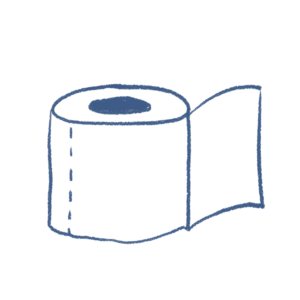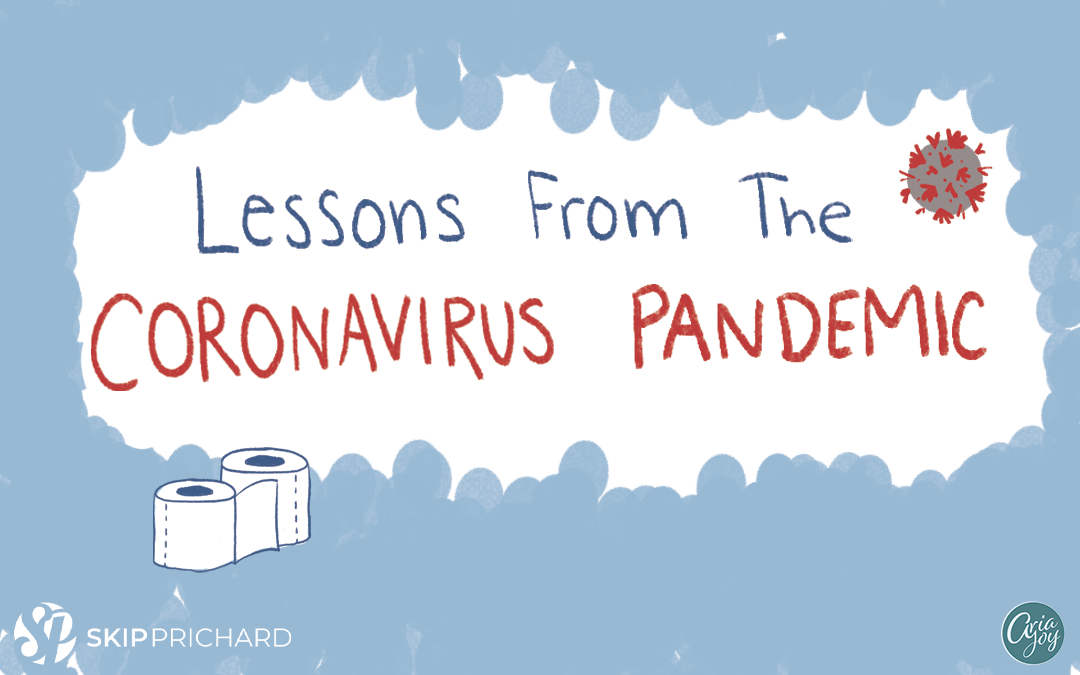Early Lessons from COVID-19
How fast everything changes. Just writing that down transports me to my grandparents’ kitchen where my grandmother would say something like this, and my grandfather would respond “in an instant!”
I’ve seen the speed of change in my career and personal life many times. One minute all is well and the next you are struggling with a cancer diagnosis in the family. Maybe a financial crisis at work. Or a death of a close family member.
But never have I seen anything like this. The whole world is simultaneously seeing this together. It’s far beyond the health crisis but also the very real economic crisis.
I keep thinking it’s a bad movie playing in my dream.
Covid-19 happened in an instant. It cleared calendars, emptied venues, and shuttered entire segments of local and national economies.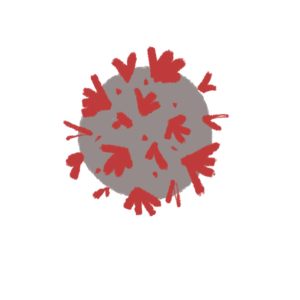
Like a bad movie that you cannot turn off, it just keeps causing devastation.
And yet, in the middle of the health pandemic, we are learning many powerful lessons. Recognizing how important the smallest of things are to us—a haircut, hanging out with friends at a restaurant, church services, basketball games—we vow never to take anything for granted again.
Thoughts from Home
Here are just a few of my own thoughts as we ‘shelter in place’:
We are all in this together.
We can work, and be productive, at home.

We can do more than we think, and with less.
A crisis shows you which of your friends is nuts.
We don’t wash our hands as much or as long as we should.
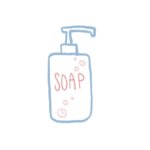
We need to slow down.
Our differences are not as great as our similarities.
People hoard in inexplicable ways.
We need each other.
We don’t listen to strategic voices like Bill Gates with dire warnings until it is too late.
We then don’t use these geniuses in the proper way in the middle of a crisis.
We focus on nonsensical small issues in politics.
People can be unbelievably selfish.
Making sure every moment counts is a life priority.
People can be unbelievably charitable and giving.
Some people are drawn to create and advance conspiracy theories.
We are more connected than ever.
Confirmation bias becomes more obvious in a crisis.
We are attached to our phones like never before.

Our airplanes will now start deep cleaning and we wonder, “What were they doing before?”

Movies that seemed far-fetched actually can be mild compared to reality.
We touch our faces too much.
Taking good care of our diet and health is not just a matter of looking good.

Some people are so annoyingly biased and political.
Unfriending and silencing many voices on social media is a critical mental health action.
We are social and need to connect.
Even atheists and agnostics pray when things get bad enough.
We need to give grace and second chances because we need this in return.
We may have trouble articulating what we expect from leaders, but we know a good leader when we see one.
We enjoy some alone time, but not too much alone time.
People can be more petty than we thought possible.
We have a lot of food in our homes and freezers. Some of the expiration dates surprised us.
Identity and employment are not the same.
We need to forgive others more in order to free ourselves up to accept love.

Our faith is seen during times of testing whether that be in God, science, government, or anything.
Less is more.
We do little alone and rely on others and our team more than we know.
We need to be ourselves and not care so much about what others think.
We can be grateful for small things.
We witness incredible random acts of kindness which lifts our spirits.
We don’t like to be confined.

When we have time to do the things we want to get around to…we don’t.
We need to clean and sanitize our phones more often.
People are crazy.
We may complain about going to work and the office and yet we miss it terribly when we can’t go.
The free stuff is the best stuff: e.g., love, kindness, togetherness.
We can live more simply than we thought and be happy doing it.
We often chase after things that don’t matter after we get them.
We are made to contribute, not sit idle.
Storms and lack give way to gardens and abundance.
Remove something from our lives and we realize how we take things for granted.
We can be scared and hopeful at the same time.
We are living in unprecedented times.
We rush too fast to go nowhere important.
We should stay away from hospitals when we can.
Telemedicine works and is pretty cool.
We don’t realize the value of our health until it’s threatened.
We enjoy going to the gym, restaurants, movies, concerts, sporting events, etc. even more than we knew.
We judge too quickly and love too slowly.
Our homes are cluttered with stuff we should never have bought and will never need.
Saving for a rainy day is important because they can come suddenly and without warning.
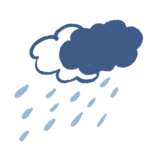
Listening to people whine and complain is hard during good times and impossible during tough ones. We all have it better than we think.
Giving up is not really an option.
We need to let go of what weighs us down whether bitterness, anger, jealousy, or clutter.
We are all equally valuable: social status, fame, celebrity, and wealth fade away when it matters.
People will surprise us.
We decide daily whether we want to react negatively or respond positively.
We should always look for the positive while protecting ourselves from the negative.
We need the touch of others and crave it when we are practicing “social distancing.”
The butterfly effect is not a theory; it is real.
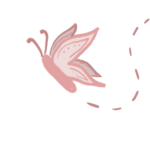
Having someone truly listen to us is a gift.
We think we are more clever than we are.
Things can go from good to bad fast, so be prepared.
We have more impact on others than we know.
We need to show appreciation more fully and more often than we think.
Real relationships are more valuable than our bank accounts.
Talking—actual talking—to people in our home is a gift.
There are many ways to give to others and most cost nothing. A listening ear may be enough.
Some people will not like you, and so what? Let them go.
Find the joy in all things.
If we don’t like someone, we should keep trying to find the positive in them.
We like to tell people what they should do, but we don’t like others to tell us what we should do.
We stew on things too long.
We need to rely less on the outside since it will all come down us in an emergency.
Teleconferencing and video meetings are not as bad as we thought.
Medical supplies and preparedness kits are not only for doomsday worriers, but are actually smart.
Powerful life lessons are all around us if we take the time to look for them.
We assume we understand people’s intentions too often.
Our image and masks are irrelevant as compared to our integrity and character.

Heroes are not those who go to work sick. Stay home.
Who matters to us is our friends and family, not celebrities and stars.
What matters to us is not follower counts or nonsense, but values and love.
We are in it together, but also must fend for ourselves.
Tuning out the constant fear and panic of the news is important to mental health.
A crisis magnifies your previous political positions.
We have been busy but doing what exactly? And does it matter?
We are asking questions about our leaders and institutions and are not satisfied with the answers.
Spending time outdoors is a gift and we wonder why we haven’t enjoyed more walks in the park.
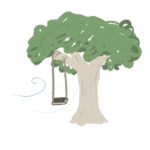
Toilet paper is the currency of the end times.